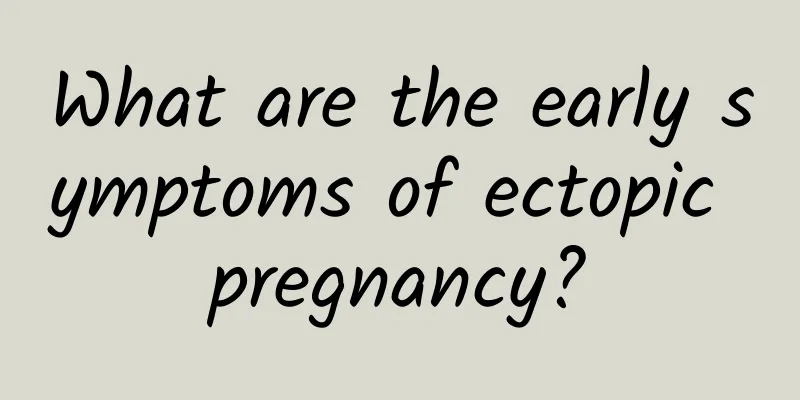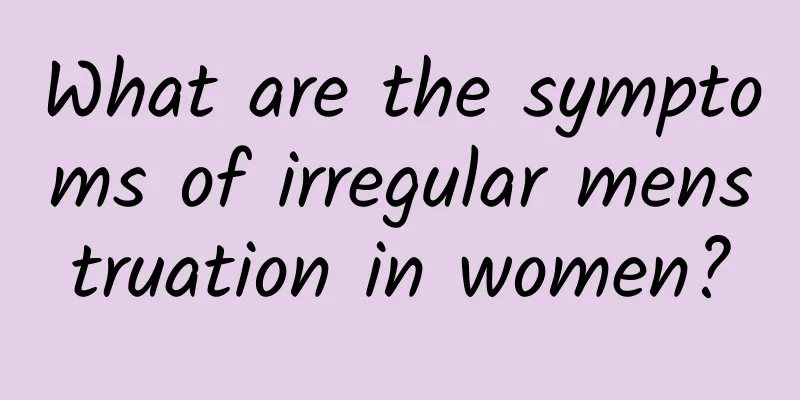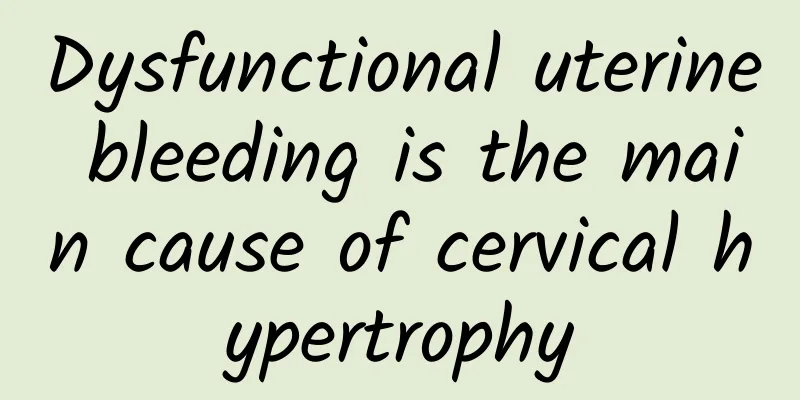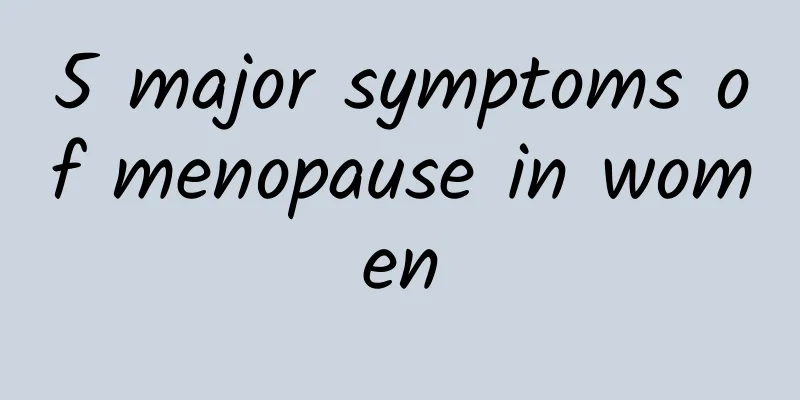Threatened abortion bleeding symptoms
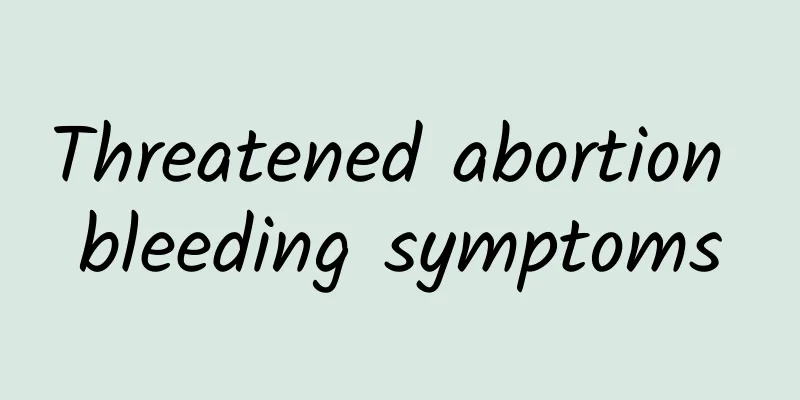
|
The symptoms of threatened abortion are usually a small amount of vaginal bleeding, which may be accompanied by mild abdominal pain. You need to see a doctor in time to determine the cause and take appropriate measures. Bleeding may be related to abnormal fetal development, maternal health problems or external factors. Treatment includes medication, bed rest and lifestyle adjustments. 1. Abnormal embryonic development Abnormal chromosomes or maldevelopment of the embryo are common causes of bleeding during threatened abortion. During the development of the embryo, the number or structure of chromosomes may be abnormal, resulting in abnormal growth. At this time, bleeding may be a manifestation of the body's natural elimination of abnormal embryos. It is recommended to monitor the development of the embryo through ultrasound examination and blood HCG level, and to carry out pregnancy preservation treatment under the guidance of a doctor if necessary. 2. Maternal health issues Maternal health directly affects the stability of pregnancy. For example, luteal insufficiency, thyroid dysfunction or uterine malformation may cause threatened abortion bleeding. Luteal insufficiency can lead to insufficient secretion of progesterone, affecting embryo implantation and development. Thyroid dysfunction may interfere with hormone balance and increase the risk of miscarriage. It is recommended to have a comprehensive health check before pregnancy and treat any problems in a timely manner. 3. Influence of external factors External environmental factors such as strenuous exercise, mood swings, infection or drug use may also induce threatened abortion bleeding. Strenuous exercise increases the frequency of uterine contractions, mood swings may affect hormone secretion, and infection or drug use may cause direct damage to the embryo. Pregnant women are advised to avoid strenuous activities, maintain emotional stability, pay attention to personal hygiene, and avoid contact with harmful substances. Treatments include: Drug treatment: such as progesterone supplementation, hemostatic drugs, etc., must be used under the guidance of a doctor. Bed rest: Reducing activity and avoiding excessive fatigue can help stabilize pregnancy. Adjust your lifestyle: Maintain a balanced diet, avoid high-sugar and high-fat foods, and increase the intake of foods rich in vitamins and minerals, such as green leafy vegetables, nuts, and fish. The bleeding symptoms of threatened miscarriage need to be taken seriously, and timely medical treatment is the key. By clarifying the cause and taking targeted measures, the risk of miscarriage can be effectively reduced and the health of mother and baby can be protected. Pregnant women should have regular prenatal checkups, pay close attention to their physical condition, and communicate with doctors in a timely manner if any problems are found. |
<<: Does abnormal yellow leucorrhea affect pregnancy?
>>: Does cervical hypertrophy cyst affect pregnancy?
Recommend
How to treat chronic cervicitis in women? Complete list of treatments for chronic cervicitis in women
Chronic cervical inflammation is a problem that m...
Is ulcer powder effective in treating cervical erosion? It is recommended to use these traditional Chinese medicines to treat cervical erosion
Women should understand the disease of cervical e...
Briefly describe the symptoms of acute pelvic inflammatory disease
Acute pelvic inflammatory disease refers to an ac...
What are the common symptoms of cervical erosion?
Cervical erosion brings a lot of harm to our live...
Treatment of pelvic inflammatory disease requires the following:
Pelvic inflammatory disease can cause great harm ...
How long does it take to get pregnant after laparoscopic ectopic pregnancy surgery
After laparoscopic ectopic pregnancy surgery, it ...
Tell you how to treat cervical cysts
Cervical cyst is a type of chronic cervicitis. Wo...
Be careful! 5 bad habits that may make you prone to obesity
"Oh, why can't I lose weight no matter h...
Can I have a natural birth with an ovarian cyst? Does I need a caesarean section?
Can I have a natural birth with an ovarian cyst? ...
How is female cervical erosion graded? What are the symptoms of moderate to severe cervical erosion?
The third degree of cervical erosion is the most ...
How to eliminate or reduce the impact of artificial abortion on the next pregnancy
The key to eliminating or reducing the impact of ...
How to regulate irregular menstruation? Pay attention to the six complications of irregular menstruation
Irregular menstruation is definitely not a trivia...
Is cervicitis fatal?
Can cervicitis cause death? Cervicitis does not n...
Good way to lose weight: Genetic testing to stay away from obesity factors
Obesity is the public enemy! Many obese people in...
Plasters help nourish blood and regulate menstruation
Generally, amenorrhea is treated with traditional...

